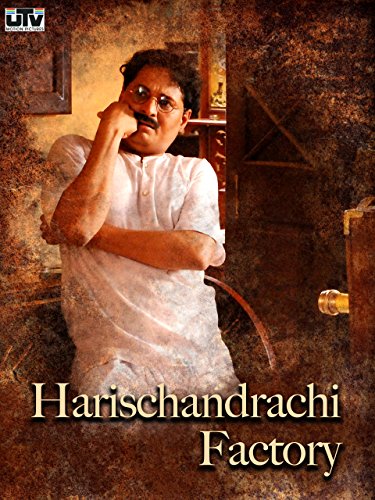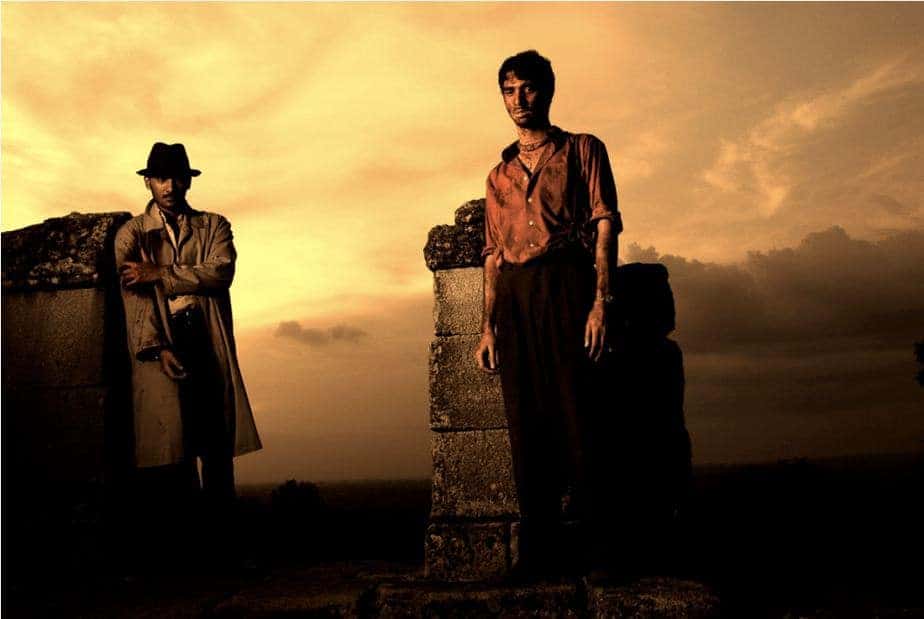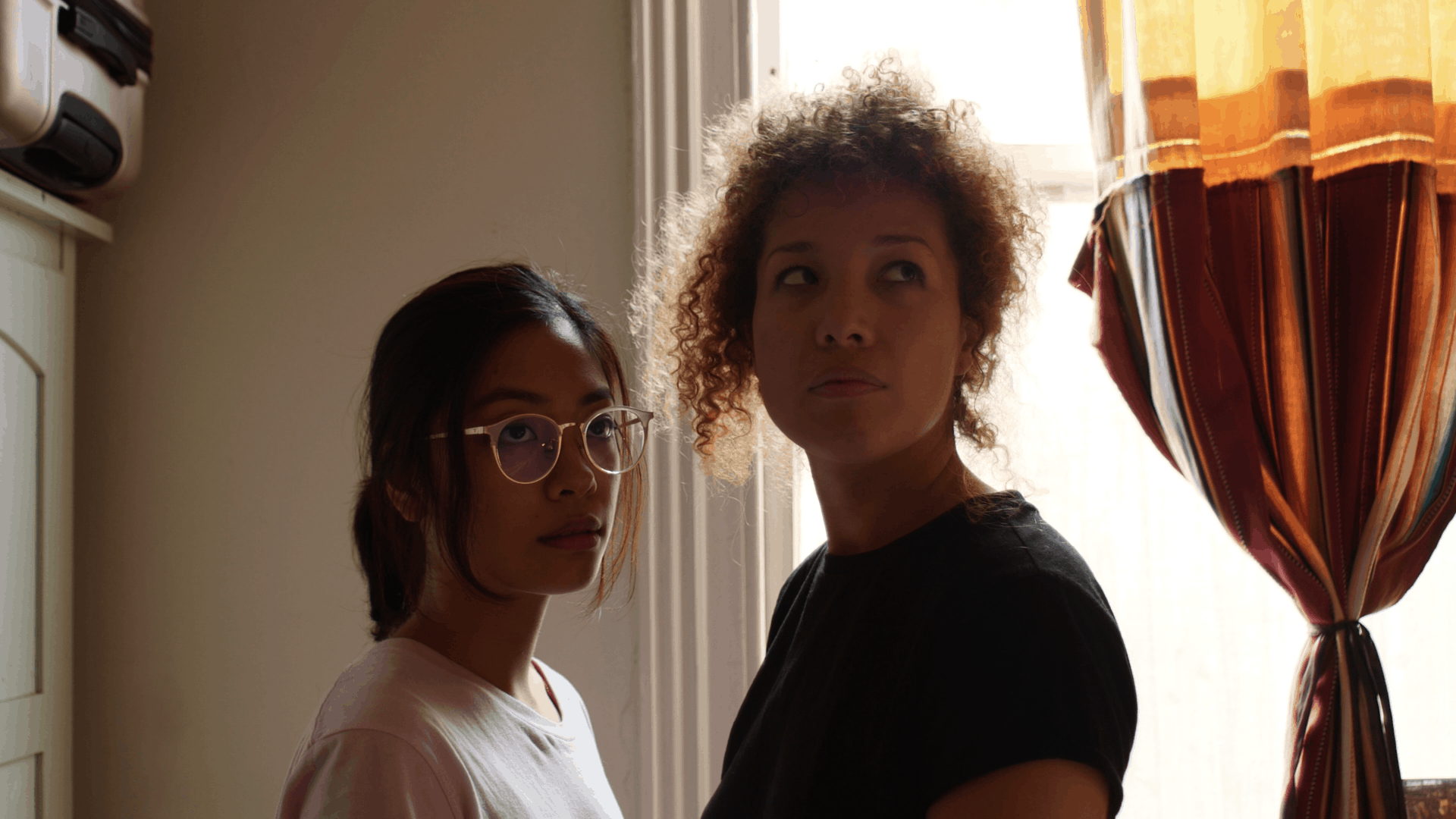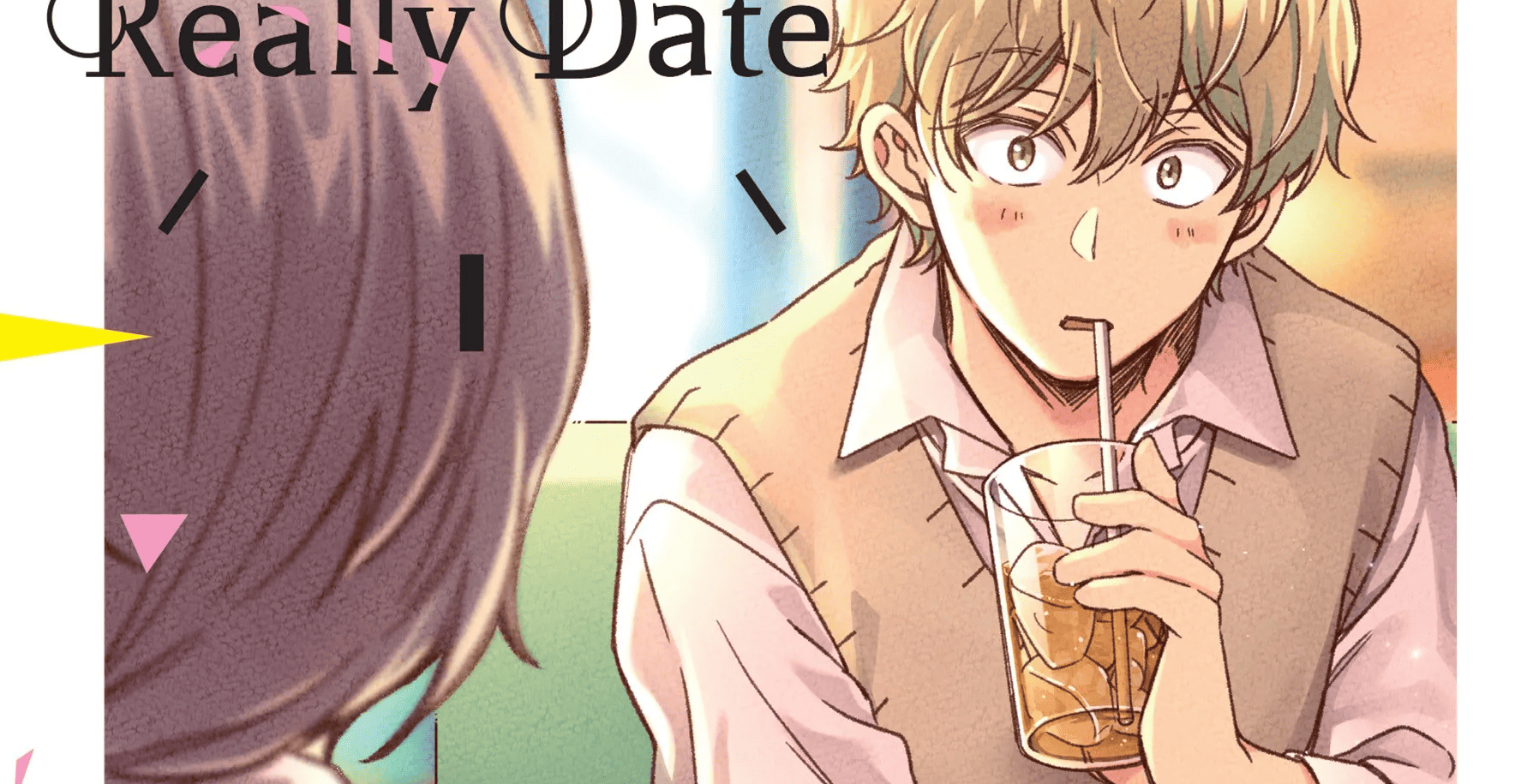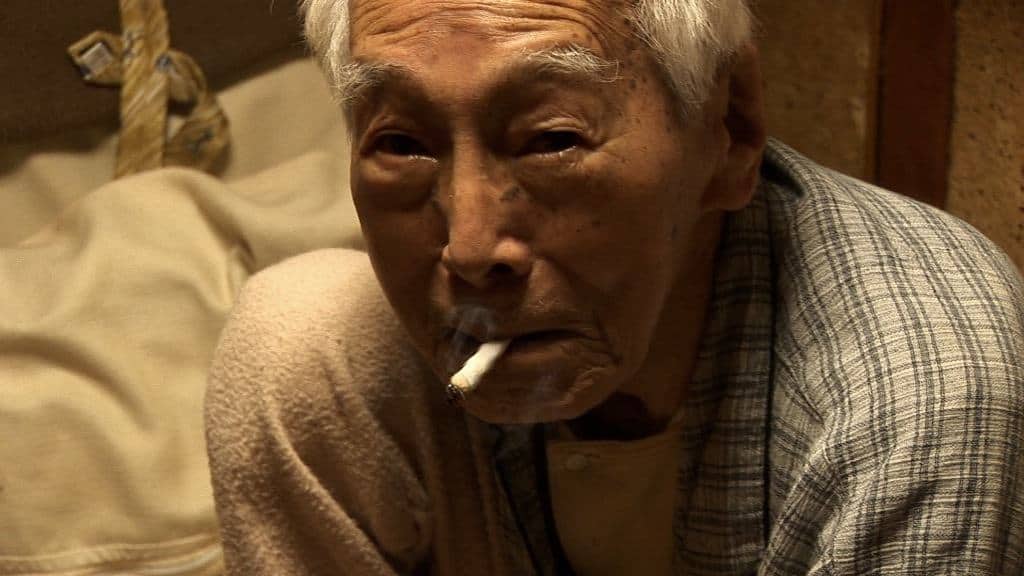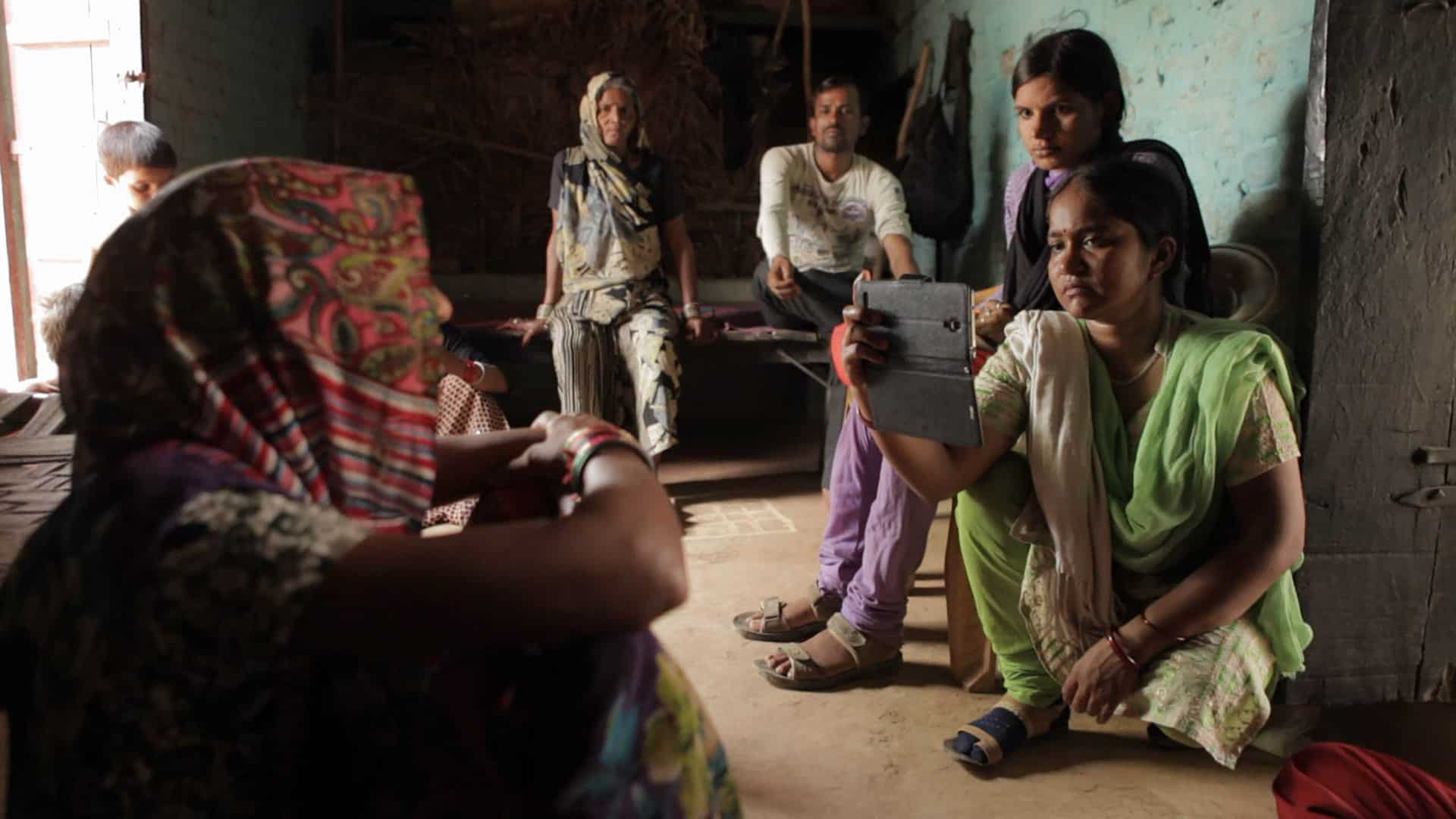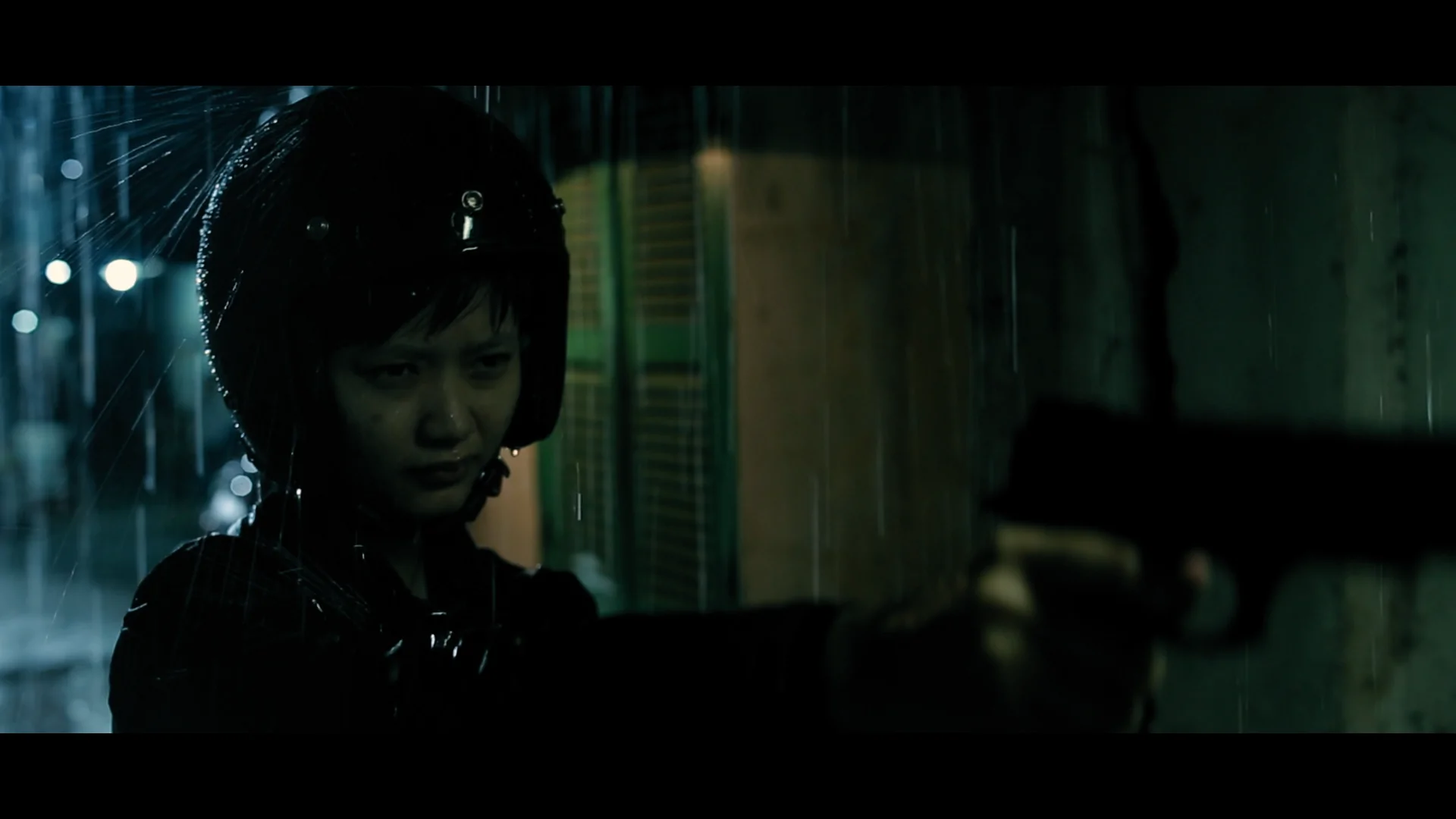by Sayaak Santra
The highest honour in the field of Indian movies is the Dadasaheb Phalke award. Every Indian child grows up knowing that Dadasaheb Phalke was the first Indian to make a full length movie in India. This movie he made was the real definition of a milestone. This event was going to flourish years later as today's brand ‘Bollywood' or other Indian movie industries. But what actually happened during those times, how a movie camera enthusiast managed to gather enough courage and resources to make a full length Indian movie, that in its stead derived from an Indian classic literature piece, which was hardly known to most Indians. A biopic on Dadasaheb Phalke, the pioneer who brought cinema to India with “Raja Harishchandra:, the first motion picture made in Mumbai in 1913, was hence so necessary. It traces the journey of the visionary who gave up his printing press business to create India's dream factory in an age when the arts actually had no place in the commoners' list of priorities.
Watch This Title
The movie takes the audience through an arduous journey that Dundiraj Govind Phalke aka Dadasaheb Phalke underwent before he managed to bring the Williamson to India and shoot “Raja Harishchandra”, the mythological epic that has become a milestone in movie lore. Yet, the toil, the sweat and the tears have been totally dispensed with a lightness of being that induces the film with utmost passion and a sense of crackling wit and humour.

Mokashi does a wonderful job of making this a light peek into the hard work, without letting us get too sentimental or presenting a too stark depiction of his hardships. He doesn't introduce us to the darker side of Phalke's life at all, particularly his insecurities, the craze for his work completely taking over his life to the extent that his and his family's health is at stake. Not to mention the bleak financial situation that they were already in. While we can complain about the ever-smiling Phalke, the harshness is treated in the same tone as the rest of the film.
Every once in a while the movie switches to the 8mm and the silent-era feel, albeit in color which adds humor and is in perfect context. Also you can't help but smile at the comparison and contrast of how things have changed today. For example, shunning anyone who wants to work towards his passion and go against the tide; the younger generation being more receptive to new things; the diminishing value of other forms of entertainment after the advent of the moving images; the attempt of actors to steal more screen space from co-stars; we accord her on screen today.

The husband-wife partnership is one of the highlights of the film, Vishawai Deshpande's lovely and grounded Mrs P learns to develop film, and whatever is in her heart lets her survive furniture sales and big risks without resorting to nagging. Especially elegant, the matter-of-fact cooperation between Phalke and British film guys, who “get” him more or less right away, the way artists, worldwide, have pretty much always loved each other and their work in fellowship, despite national tensions and problems; one has to remember that that was a British colonial period in India.
The message of the movie is: ‘'Never give up on your dreams, work wholeheartedly and you will win”…. Imagine the dream named ‘'Bollywood and other Indian movie industries of today'' which are taking India to the world in a whole different vessel.



